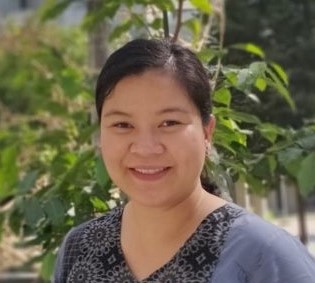Biomedical and Bio-Imaging
Research
Biomaterials
Bionanotechnology and Biosensing
Computational Modeling and Data Science
Drug Discovery and Delivery
Molecular, Cellular and Tissue Engineering
Neural Engineering and Neurotools
Rehabilitation

Biomedical imaging is one of the most important tool sets we have for understanding biology, physiology, and human disease. Despite the fact that it’s been over 350 years since DIY pioneer Leeuwenhoek first observed single-celled organisms through his homemade microscope, there continues to be a pipeline of new breakthroughs that provide previously unobtainable imaging contrasts, improving our understanding of the natural world. Biomedical imaging spans disciplines, spatial scales, and time scales, and forms the foundation of many scientific endeavors. BME biomedical imaging faculty are innovators in new microscopy, spectroscopy, clinical imaging modalities, and imaging probes, with applications spanning a swath as wide as biomedical engineering itself. Biomedical imaging at IITGN is tightly coupled to the fields of neuroscience, cancer biology, and clinical medicine among others, and faculty collaborate broadly across our institution and beyond.
Biomedical and Bio-imaging Faculty
Faculty: Dhiraj D Bhatia, Himanshu Shekhar, Iti Gupta, Karla P. Mercado-Shekhar, Sriram Kanvah Gundimeda
Biomedical and Bio-imaging in the news:

3 BME Professors Elected to IAMBE
Congratulations to BU BME Professors Chris Chen, Joyce Wong and Mark Grinstaff on being elected 2021 Fellows of The International Academy of Medical and Biological Engineering.

Joyce Wong Named President-Elect of AIMBE
Professor Joyce Wong (BME, MSE), has been named president-elect of the American Institute for Medical and Biological Engineering (AIMBE), one of the foremost biomedical engineering societies in the country. Her term as president will begin in 2022. Headquartered in Washington, D.C., and numbering 50,000 members, including the nation’s most accomplished biomedical…

A Tool to Measure Cartilage Health
Professor Michael Albro (ME, MSE, BME) has successfully developed technology that can assess cartilage health and detect early signs of degeneration: the Raman arthroscope. The tool uses light technology and is inserted into a patient’s joint with a hypodermic needle. It is a “game changer” for patients with osteoarthritis.
